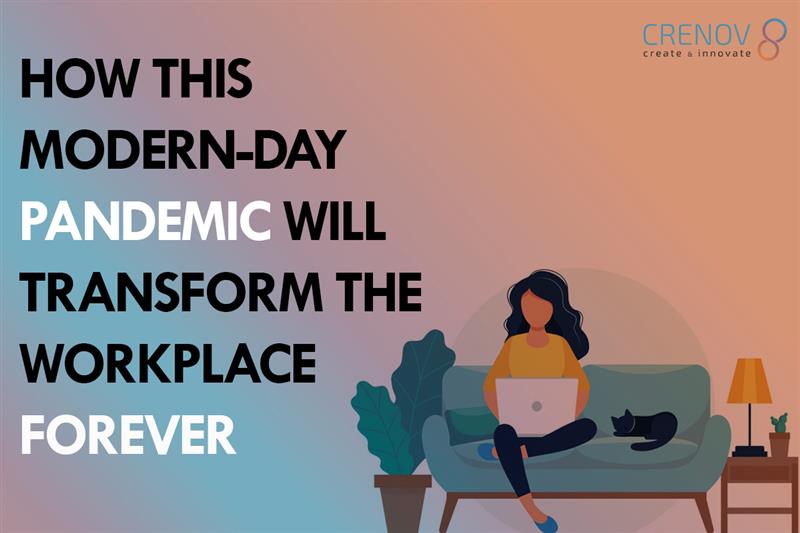Entire nations are placed under strict lockdown and people are stashing supplies. The on-going pandemic experiences have restructured employees and their employers’ viewpoint of the workplace. It has affected overall wellbeing, ways of interaction amongst each other and the flexibility offered by employers.
Even after the coronavirus leaves, the effect will be felt on how we consume, how we work and learn and most of our social skills.
The acceptance of teleworking and distance learning
Corporations and schools do and will continue to heavily rely on the internet to keep functioning. Whether its online learning or working from home, several aspects of daily life will be involuntarily moved virtual. This major shift of working online comes with both its pros and cons, especially for education and economic sectors.
A social species will learn to communicate without interface
Some industries have flourished during the crisis, while others continue to suffer substantially. Some benefit from teleworking, while others might lose jobs due to loss in business in their sector.
However, because of the growth in IT, many can remain connected despite isolation, while those who are not privileged; stay far behind. This modern-day pandemic will have a long- lasting impact on our society, without regards to its duration and severity.
Goodbye, business trips
As the pandemic has made severe travel restrictions, all kinds of travel is halted and work-from-home is the new normal, companies attempt to cut costs to adapt to the new situation. Many experts in the industry believe business trips will no longer exist.
Consumer preferences are likely to change as interests in social distancing will bring down events such as conferences and conventions in the near future. Gary Leff, a travel industry expert, and author, says: “I don’t think business travel would ever be the same way.”
The typical 9-to-5 office hours would be extinct
As entrepreneurs and industry professionals struggle to keep a balance between work and home simultaneously, other employers have a more relaxed approach towards their workers starting and ending their working days.
There might just be a new custom around trust and respect between employers and employees. Now that many employees are successfully working from home, employers will have a harder time to deny flexibility around work hours. Also, to maintain a sense of structure, employers will have a new set of expectations and when and how the staff can meet them.






